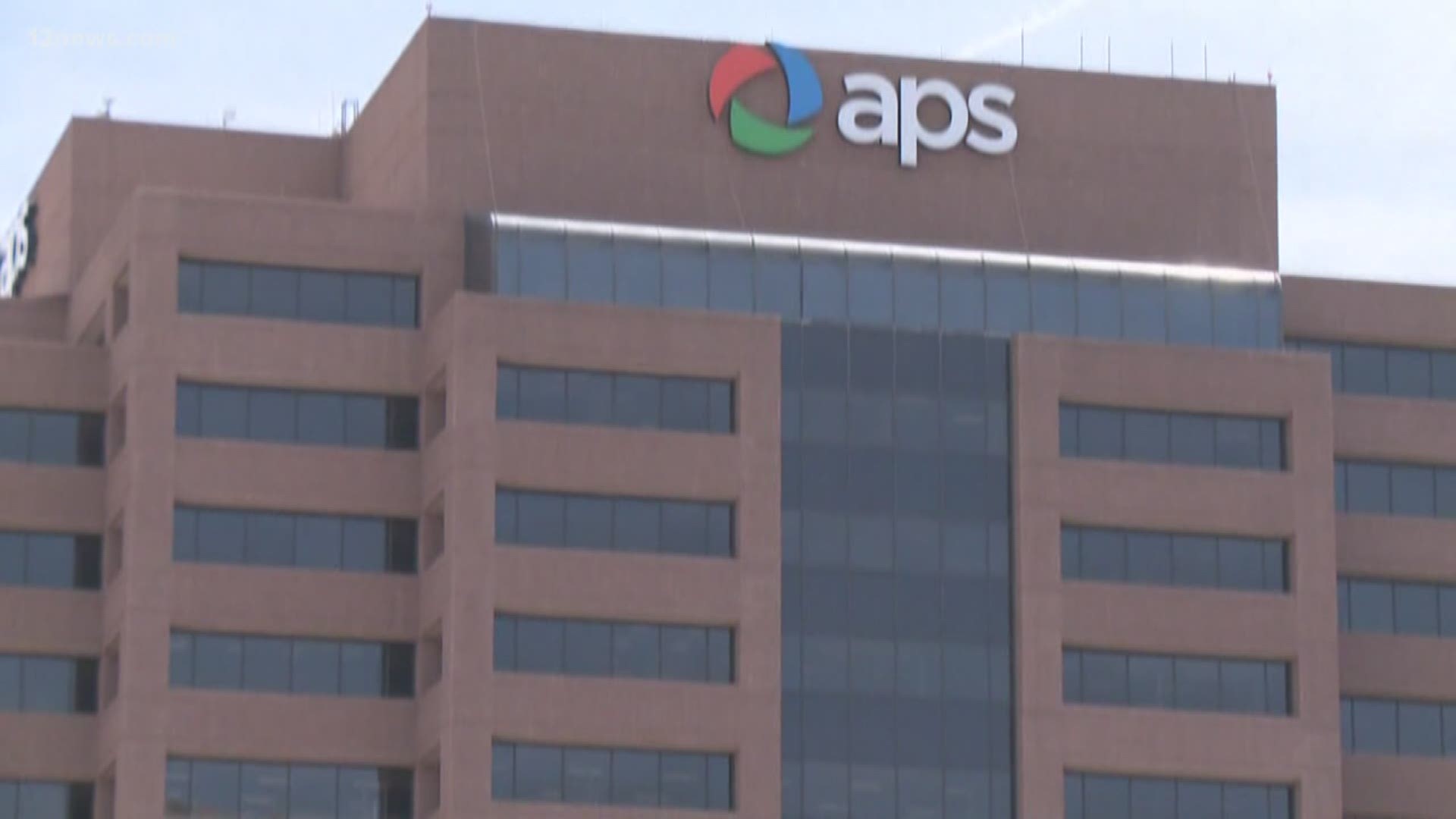PHOENIX (AP) — Arizona regulators could soon vote on emergency rules barring electric utilities from disconnecting power to customers who are late on their bills from June 1 through Sept. 30, when temperatures routinely soar past 100 degrees.
The proposal by Arizona Corporation Commission staff was posted late Tuesday, less than a week after it was reported that a 72-year-old Sun City West woman had died after her power was disconnected in September.
The commission is set to consider the plan Thursday, with the emergency rules taking effect immediately if approved.
Arizona Public Service Co. disconnected Stephanie Pullman's power after she paid $125 of her $176 bill. Her heat-related death was first reported last Thursday by Phoenix New Times.
APS, the state's largest utility with 1.1 million residential customers, immediately suspended disconnections and Tucson Electric Power followed on Friday.
Salt River Project, a major power supplier in metropolitan Phoenix with about a million customers, isn't covered by the commission because it is a quasi-government agency.
All five commissioners appear supportive of major changes in disconnection rules, although they could modify the proposal.
On the day Pullman's death was publicized, Commissioner Boyd Dunn sought a review of disconnect policies and utilities' practices and for a recommendation for new rules. He was quickly joined by Commissioner Justin Olson.
Since then, Commissioners Sandra Kennedy and Lea Marquez Peterson have filed letters supporting the review.
APS called the changes an important step and said it would continue its halt to disconnections under the proposed rules.
Commission Chairman Bob Burns chimed in with a request for emergency rules to "protect the electric utility customers of Arizona from the health risks that can occur with the loss of electricity service during the summer heat and the winter cold."
Burns worried Wednesday that public utilities don't know enough about whose power they are cutting off but said ratepayers may also prefer it that way.
"Some people are not going to want to share private information, especially about their health," Burns said.
The Corporation Commission also expressed concern that ending shutoffs for any time period could cause problems down the road if too many ratepayers take advantage of not having to pay their bills.
"I think there are some people in the population that would think that way," Burns said. That’s the other problem. Because when they don’t pay their bills the rest of the ratepayers end up paying it.
SRP spokesman Scott Harelson said his company hasn't decided whether to voluntarily follow the new rules if they are adopted.
Jordy Fuentes of the Residential Utility Consumer Office said his organization is interested in a rule change and will be present at the meeting Thursday.
"We are evaluating the proposal, with a priority of protecting residential utility consumers. Any action that impacts consumers must be thoughtful and responsible," Fuentes said in a statement. "In addition to our review, we are meeting with community members and advocates for our most vulnerable populations to gather their feedback"
The Arizona Corporation Commission meeting begins at 10:00 AM Thursday morning and will be broadcast live. You can access the livestream using this URL: https://www.azcc.gov/livebroadcast.asp.
The commission is tasked with overseeing electricity, water and other firms granted monopolies to operate in certain areas of the state.
Asked about the death and whether new rules or laws are needed, Gov. Doug Ducey on Monday called it "tragic" before questioning the role of the commission.
"I would call on the corporation commission to look at what's possible here," Ducey said. "But I also think there's been a bit of a mission creep on the corporation beyond just setting rates. And something of this level could rise to legislation or regulation to protect Arizona's most vulnerable."
The commission granted a rate increase to APS in 2017 and since then its disconnections soared. More than 110,000 were logged in 2018 compared with an average of about 73,000 in the previous five years.
The company said a temporary halt to disconnections in 2017 skewed the 2018 numbers.

